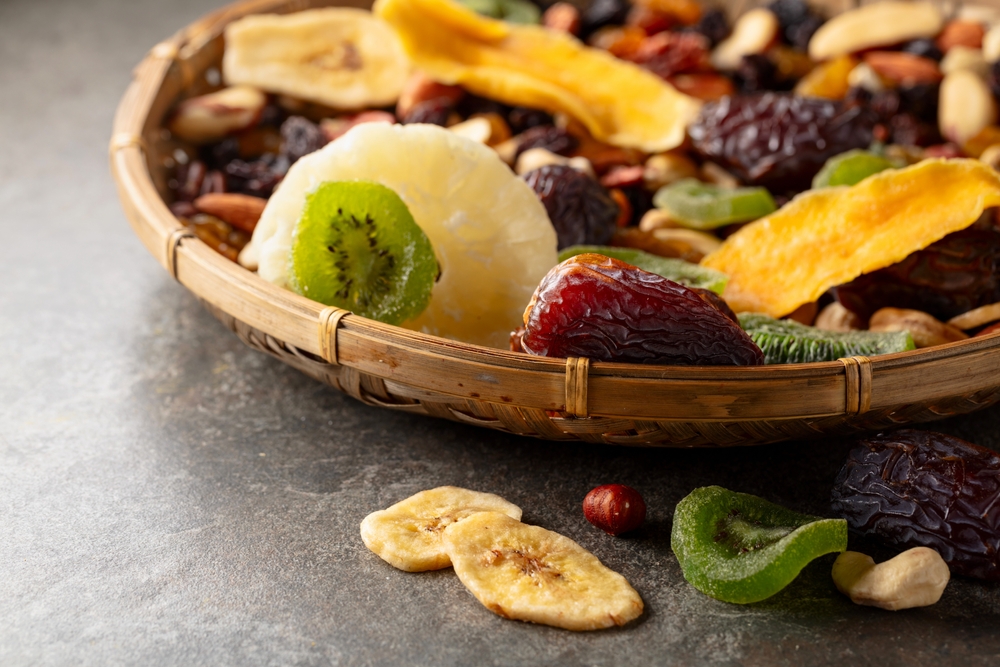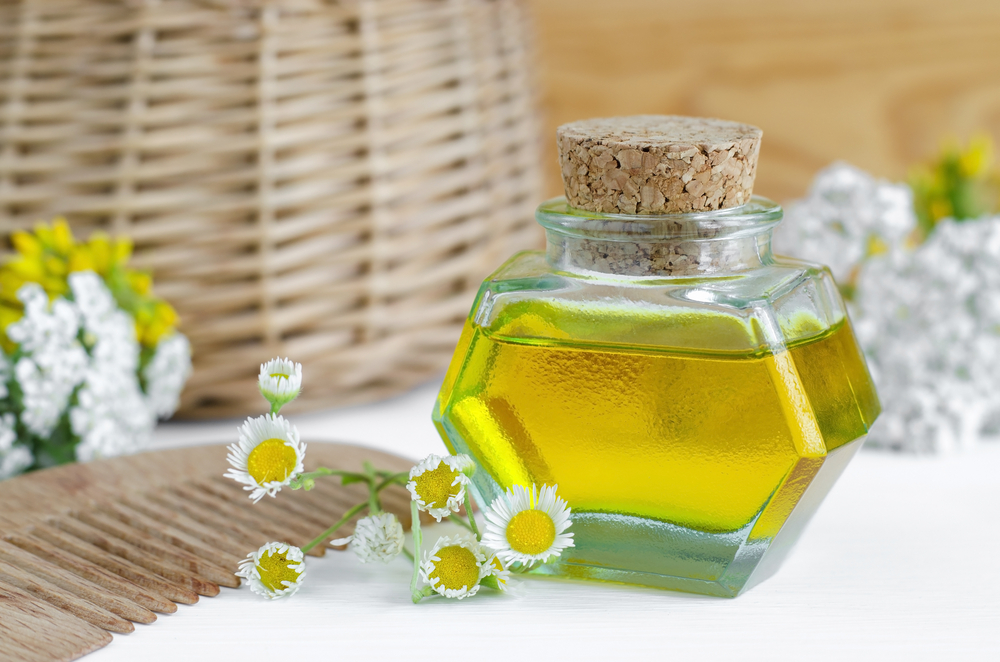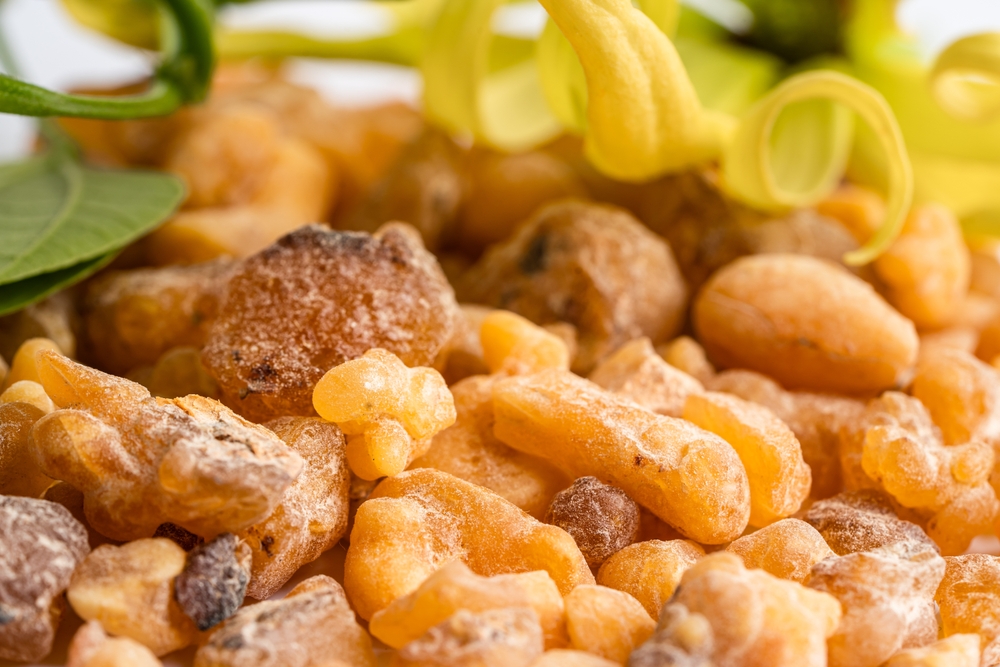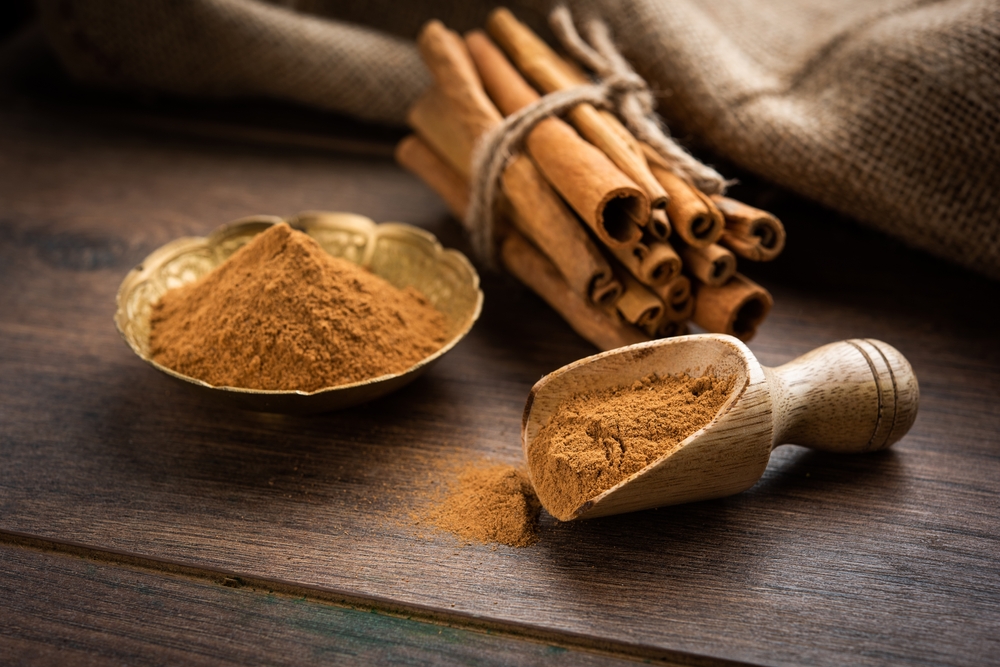Pisins, also known as tree resin, refer to the sap-like exudates produced by trees and certain plants. These resins are harvested from the bark or wood of trees and are often used in traditional medicine, natural remedies, and even cosmetics. Organic pisins, specifically, are resins harvested from trees grown without synthetic pesticides or chemicals, making them a more eco-friendly and health-conscious choice.
Tree resin has been used for centuries in various cultures for its medicinal, aromatic, and protective properties. Organic pisins come in different forms, such as raw resin, powder, or tinctures, and can be derived from various tree species. The most commonly used tree resins in organic applications include Frankincense, Myrrh, Pine, and Acacia.
Common Types of Organic Tree Resins (Pisins)
- Frankincense Resin (Boswellia spp.):
- Frankincense is perhaps one of the most well-known resins, prized for its aromatic properties and use in incense, perfumes, and traditional medicine. It is sourced from the Boswellia tree species, which grows primarily in regions of Africa and the Middle East.
- Uses: Frankincense resin is often used in aromatherapy for its calming, grounding effects and is believed to support respiratory health, reduce stress, and promote mental clarity. It is also commonly used in skincare for its anti-inflammatory and anti-aging benefits.
- Myrrh Resin (Commiphora spp.):
- Like frankincense, myrrh resin has been used for millennia in various religious rituals and healing practices. It is derived from the Commiphora tree species and has a rich, earthy scent.
- Uses: Myrrh is traditionally used for its antiseptic, anti-inflammatory, and analgesic properties. It is often found in herbal remedies for digestive issues, mouth infections, and as a topical application for skin conditions like acne, wounds, or eczema.
- Pine Resin (Pinus spp.):
- Pine resin is extracted from pine trees, often from the Pinus genus, and is known for its distinct, refreshing aroma.
- Uses: Pine resin has a long history of use in traditional medicine for its antiseptic, analgesic, and healing properties. It is commonly used in salves and balms for treating cuts, burns, and bruises. Pine resin is also used to make turpentine, which is a natural solvent, and in products for respiratory support, such as cough syrups and inhalants.
- Acacia Resin (Acacia spp.):
- Acacia resin is derived from various species of the Acacia tree, particularly the Acacia senegal and Acacia seyal species. This resin is known for its high gum content and is often used as a thickening agent in food products and medicines.
- Uses: Acacia resin is commonly used in the food industry as a natural gum in beverages, candies, and dietary supplements. It is also used in traditional medicine for its soothing properties on the digestive system and in skin care for its moisturizing and healing effects.
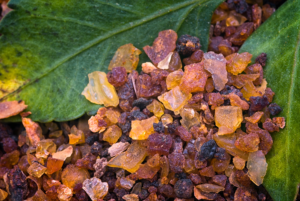
Benefits of Organic Pisins (Tree Resin)
- Antibacterial and Antifungal:
- Organic tree resins like Frankincense, Myrrh, and Pine are known for their natural antimicrobial properties. These resins help combat infections and can be used to treat minor wounds, cuts, or infections in both internal and external applications.
- Anti-inflammatory:
- Many organic tree resins, such as Frankincense and Myrrh, are widely used for their anti-inflammatory effects. They are beneficial in treating conditions like arthritis, muscle pain, or other inflammatory disorders. Frankincense, in particular, has been studied for its ability to reduce inflammation and support joint health.
- Skin Healing and Anti-Aging:
- Organic resins like Myrrh and Frankincense are rich in compounds that promote skin health. These resins can help reduce the appearance of scars, improve skin elasticity, and slow the signs of aging. They are commonly used in anti-aging skin creams, lotions, and serums for their regenerative effects.
- Respiratory Support:
- Pine resin and Frankincense are especially beneficial for respiratory health. Their antiseptic properties help clear mucus and support lung function. These resins are commonly used in chest balms, inhalants, and essential oils to ease breathing, clear congestion, and treat coughs.
- Digestive Health:
- Some tree resins like Acacia resin have soothing properties that support the digestive system. Acacia gum, for instance, is often used as a prebiotic to promote gut health by supporting the growth of beneficial bacteria in the intestines.
Uses of Organic Pisins
- In Aromatherapy:
- Organic pisins, particularly Frankincense and Myrrh, are widely used in aromatherapy for their calming, grounding, and stress-relieving properties. They can be burned as incense, used in diffusers, or applied topically (when diluted) as essential oils.
- In Skincare:
- Organic tree resins are commonly incorporated into skincare products like soaps, creams, ointments, and face masks. Frankincense is especially popular in anti-aging formulations due to its ability to stimulate the regeneration of skin cells, while Pine and Myrrh are used for their healing properties to treat skin irritations, wounds, or acne.
- In Traditional Medicine:
- In traditional medicine systems like Ayurveda and Traditional Chinese Medicine (TCM), organic resins such as Pine and Frankincense are used to support immune health, treat inflammation, and ease digestive issues. These resins are often found in herbal tinctures, capsules, or teas.
- In Culinary Applications:
- Acacia resin is used in the food industry as a natural gum. It is often added to beverages, candies, and health supplements as a stabilizing agent or thickener. It is also considered a dietary fiber, promoting digestive health.
- In Natural Cleaning Products:
- The antimicrobial properties of Pine and Frankincense resins make them useful ingredients in natural cleaning products. These resins can be used in homemade cleaners, disinfectants, and air fresheners.
How to Use Organic Pisins
- In Aromatherapy: Use a few drops of Frankincense or Pine resin essential oil in a diffuser or apply diluted to pulse points to promote relaxation or support respiratory health.
- In Skincare: Add Myrrh or Frankincense resin to creams, lotions, or face masks to help reduce wrinkles, improve skin tone, and aid in wound healing.
- As a Balm or Salve: Mix Pine resin with oils (like coconut or olive oil) to create a soothing balm for cuts, burns, or sore muscles.
- In Teas or Tinctures: Some resins like Frankincense or Myrrh can be steeped into a tea or taken in tincture form for their anti-inflammatory and immune-boosting benefits.
Conclusion
Organic pisins, or tree resins, are versatile, natural substances with a wide range of benefits. Whether used for their medicinal properties, in skincare, or for their aromatic qualities, organic tree resins like Frankincense, Myrrh, and Pine offer holistic health benefits that have been valued for centuries. Their antibacterial, anti-inflammatory, and healing properties make them a valuable addition to natural health and wellness routines, while their versatility in culinary and cleaning applications adds to their appeal in everyday life.

